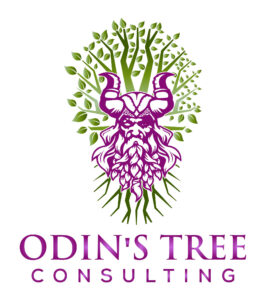The complex world of federal contracting necessitates that businesses of all sizes, from startups to large corporations, maintain stringent standards of operations and ethics. Two essential tools in this endeavor are the employee handbook and the written code of ethics. These documents not only help navigate the labyrinth of regulatory requirements but also foster a culture of compliance, protecting both the organization and its employees.
The Employee Handbook: A Vital Tool
An employee handbook serves as a linchpin in communicating policies, procedures, and behavioral expectations to employees, playing a critical role in managing the workplace effectively (Complete Payroll Solutions). It is considered one of the most important documents a federal contractor can maintain, providing a clear roadmap of the various laws that govern federal contractors and subcontractors, and the impact these contracts might have on the organization (FDIC). The handbook also establishes important policies protecting the rights of both employers and employees, thereby promoting a harmonious working environment (SHRM).
Code of Ethics: A Beacon of Integrity
A written code of ethics serves as the moral compass of an organization. It is particularly important when a federal contractor is under scrutiny for compliance, as it demonstrates the company’s commitment to maintaining the highest degree of integrity and honesty (Theodore Watson). It is the regulatory execution of statutory requirements, establishing a framework that addresses issues such as conflicts of interest, bribery, and fraud (Berenzweig Leonard). A violation of ethics rules can cause a bid protest or undermine the public’s confidence in the government, making the code of ethics a critical component of a federal contractor’s operations (FAI).
In conclusion, an employee handbook and a written code of ethics are more than just administrative formalities for businesses involved in federal contracting. They are instrumental in navigating the complex regulatory landscape, fostering a culture of compliance, and safeguarding the organization’s reputation. Therefore, whether a company is a large corporation or a small startup, investing in these documents is a strategic necessity that can significantly contribute to the business’s success in the federal contracting space.
If you require assistance with the creation of an Employee Handbook and/or Code of Ethics, contact Platinum Wolf Consulting for a free consultation.




